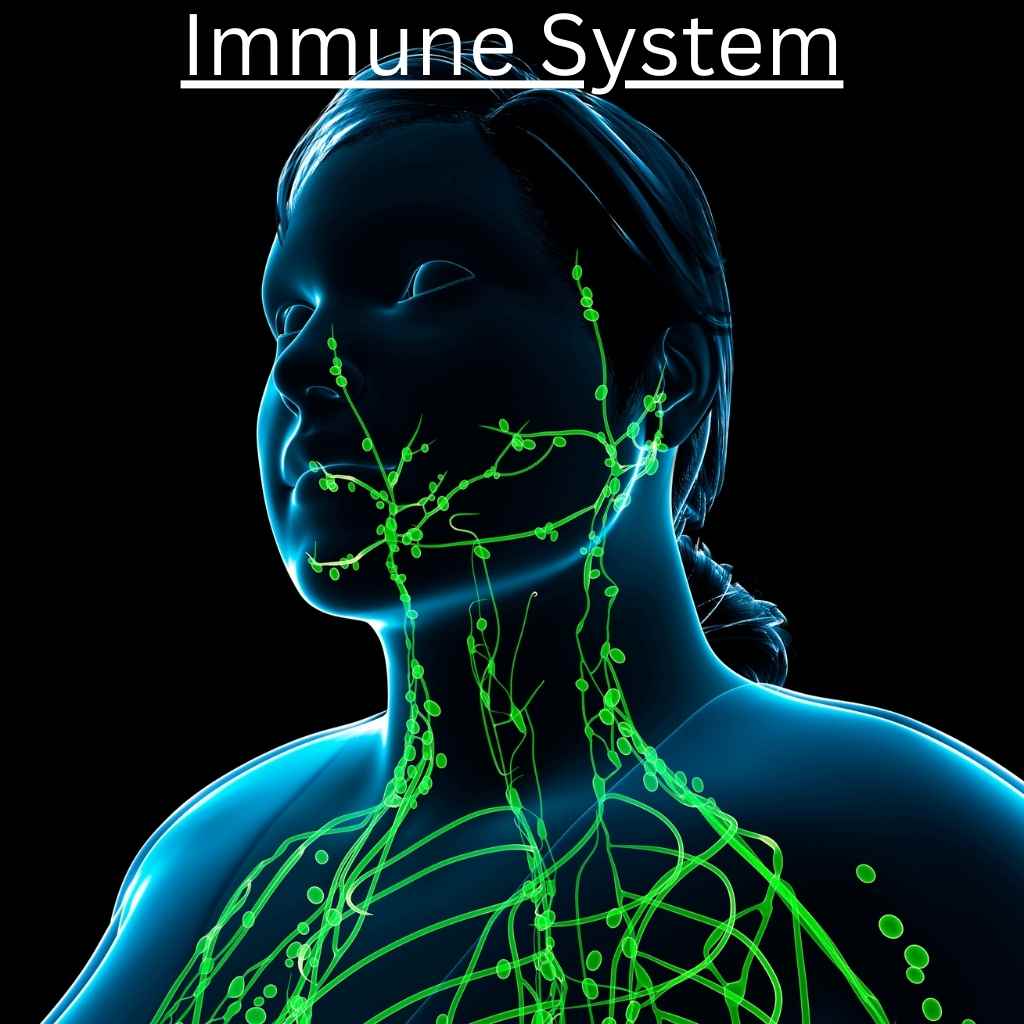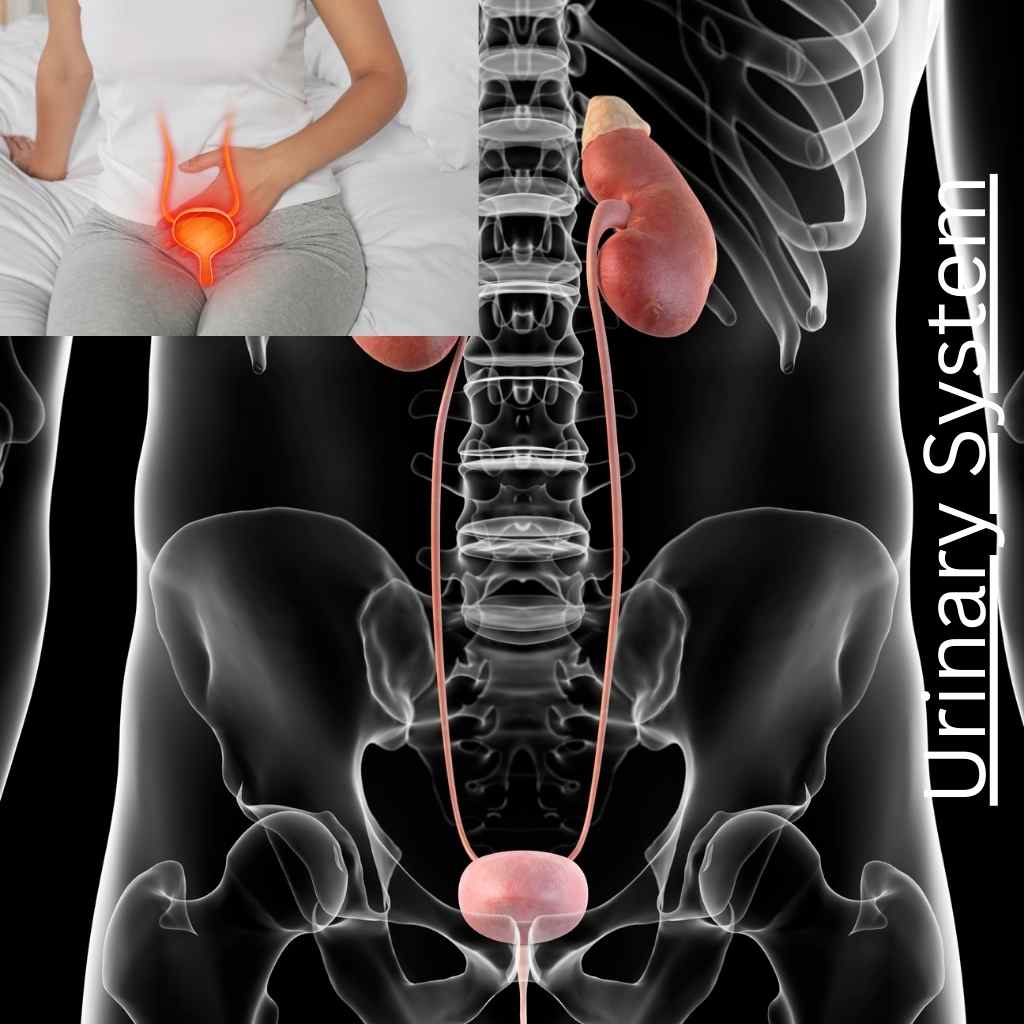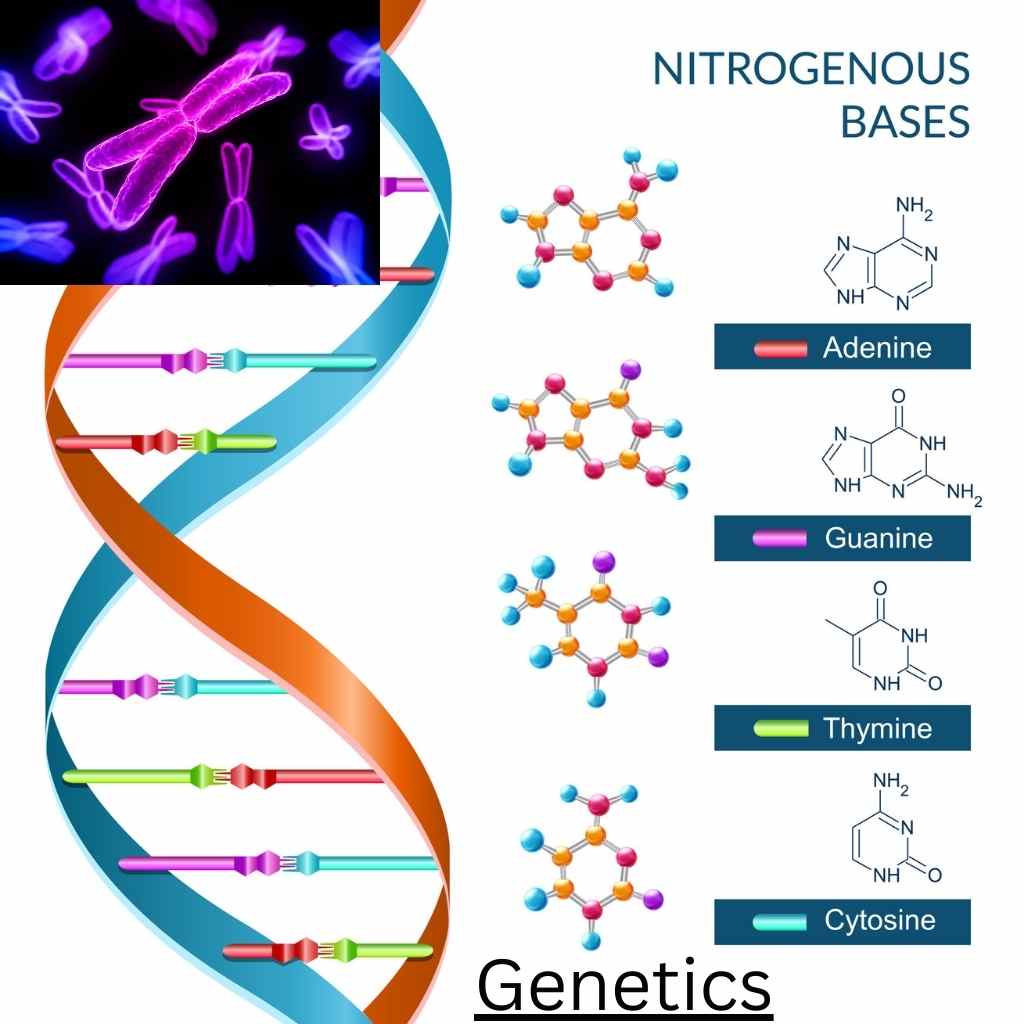- Latest
- Trending

The human body is a marvel of biology, combining complex systems, fascinating functions, and incredible abilities. From the brain’s unmatched capacity to the heart’s tireless work, every part of us tells a story of evolution, adaptation, and survival. Whether you’re a biology enthusiast or simply curious, these 200 facts about human biology will leave you amazed and inspired!












The human body is an extraordinary blend of complexity, resilience, and wonder. From the intricate workings of the brain and heart to the regenerative abilities of the liver and skin, every system and organ plays a vital role in sustaining life. These **200 fascinating facts** reveal just how much there is to learn and appreciate about the biology that makes us who we are.
Our bodies are not just biological machines but reflections of evolution, adaptation, and the incredible potential of life itself. Understanding these facts can deepen our appreciation for health, inspire curiosity, and remind us of the importance of caring for the amazing systems that keep us alive.
Whether you’re amazed by the power of your senses, the strength of your muscles, or the complexity of your DNA, it’s clear that the human body is a masterpiece worth celebrating!
